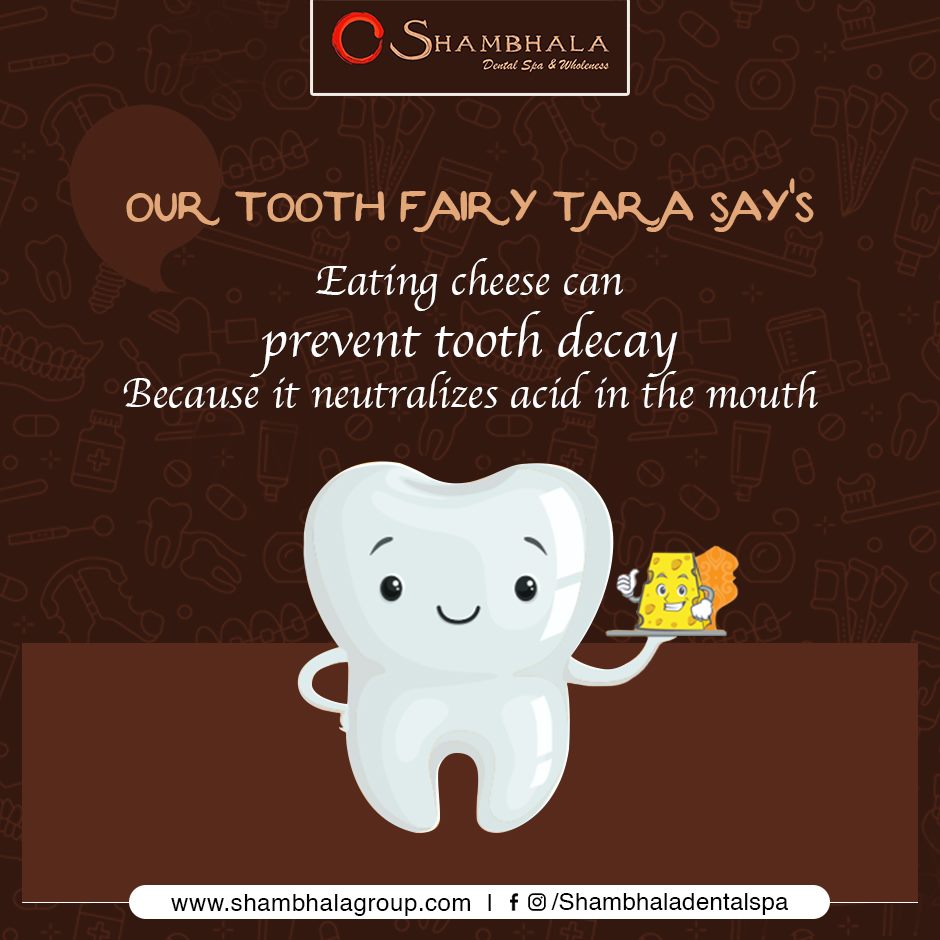What Is Tobacco?
Tobacco is a green, leafy plant that has long been grown, dried, and used by cultures around the world. It’s usually smoked but is sometimes chewed or inhaled. Tobacco is known to affect the way people think, feel, and behave by interrupting your brain’s normal communication with the rest of your body. The tobacco plant contains the addictive stimulant nicotine, which is why a smoking habit is so hard to break. Cigarettes contain 2,000 ingredients known to be toxic and harmful to the human body.
Some of the common oral health issues of Tobacco are as follows:
– Bad Breath
The smoke particles left behind after smoking a cigarette stay in the mouth for quite some time leading to bad breath, which is commonly called stale smoker’s breath. Smoking or chewing tobacco also decreases the flow of saliva. Dry mouth is a breeding ground for bacteria thereby causing bad breath.
– Tooth Discolouration
Nicotine is easily absorbed by your teeth. Although nicotine is colourless, it combines with oxygen to change the colour of the teeth from white to yellow. In people who chew tobacco, the nicotine combines with saliva to form a dark brown liquid which when allowed to stay in the mouth for long can stain the enamel.
You can consult cosmetic dentist to know if you can whiten your teeth. Shambhala is known for having the best cosmetic dentist in Hyderabad. You can visit shambhala and either consult a hygienist twice a year to clean your teeth and remove the stains or seek advice from the cosmetic dentist.
– Gum Disease
Smoking or chewing tobacco affects the attachment of the gums to the teeth. This is because the plaque formed near the gum line interferes with the gum tissue cells leaving your immune system compromised and making it harder for your body to fight off infections. The presence of nicotine reduces the blood flow to the gums, thus making you susceptible to oral infections.
– Lowered Success Rate of Dental Implants
A cosmetic procedure, such as dental implants, rely on having healthy, adequate bone in place to support the teeth. In smoker or tobacco users since the immune system is compromised the healing process take longer than usual. The same is the case if the tooth is extracted or if an oral surgery is performed. The recovery time is delayed.
– Increased Chances of Developing Oral Cancer
Tobacco consumption contributes to 80 to 90% of diagnosed oral cancers. Therefore, mouth/jaw cancer is the number one reason why you should quit smoking or chewing tobacco. Although, tobacco causes many other health issues, they are less life threatening than cancer. Tobacco finds its way to the glands of your mouth and is easily filtered into your mouth tissues.
How to avoid it:
Stopping smoking and the use of any tobacco products is critical if you want to reduce your risk of developing certain oral conditions such as cancer and gum disease. Here’s how to reduce your risk if you are a smoker:
– Brush your teeth at least twice a day
– Floss once a day before bedtime
– Stick with regular teeth cleanings and exams every six months
– Schedule additional dental visits for smoking cessation follow-up and support with your dentist

